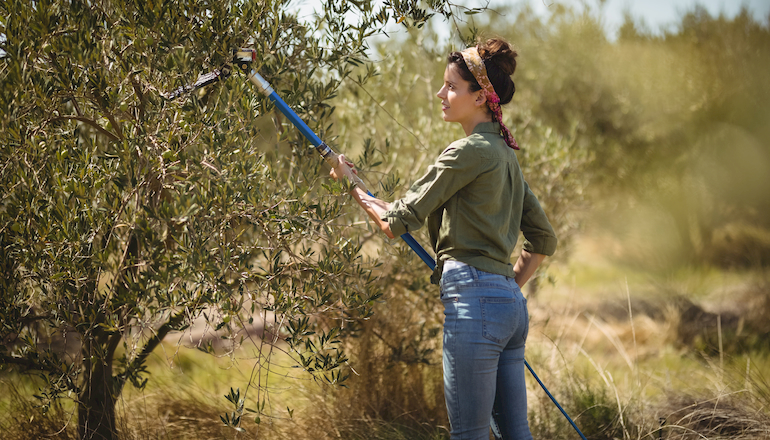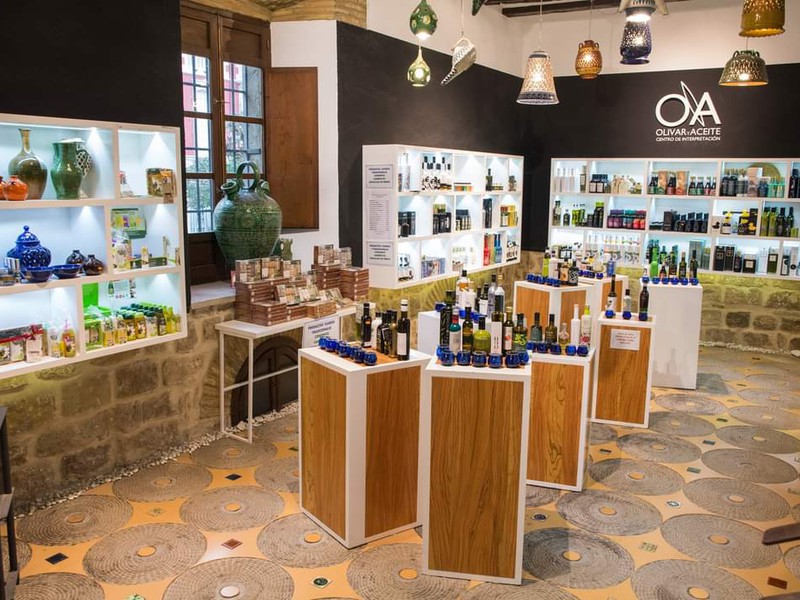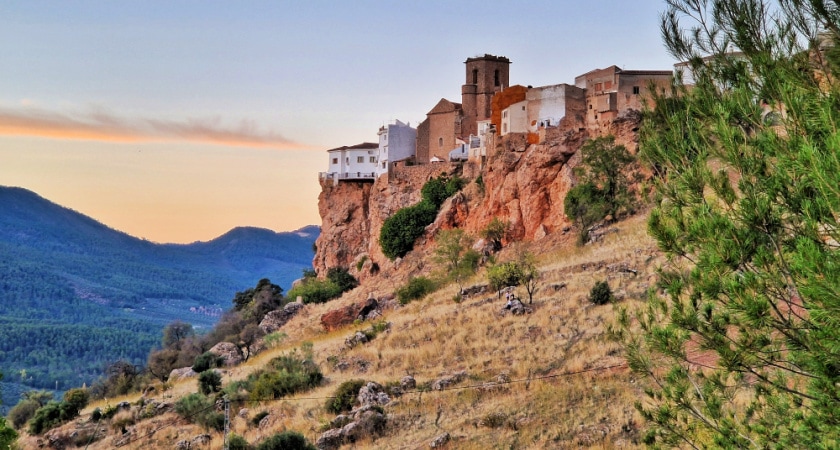Andalusia is the area that produces the most Extra Virgin Olive Oil (EVOO) in the world. For this reason, in Andalusia there is the so-called oleotourism. This type of tourism consists of visiting farmhouses or olive groves, tasting the best olive oil you can taste and learning all about its production.
To enjoy olive oil tourism in Andalusia you can choose between different areas or regions where you will find different types of olives with different denominations of origin and of course, different tastes. You can opt for different activities, such as blind tastings, visits to farmhouses, museums and traps, or even olive harvesting.
In fact, EVOO is one of the most important ingredients in the local gastronomy of Andalusia, but from which regions is it obtained? Which almadrabas and olive groves can I visit? What does the “vareado” consist of? Read on and discover new experiences.
Route and camping in the Olive Fields of Sierra Morena
If you choose to do this route you will be able to see unique varieties of olives such as the Nevadillo Negro and the Picual.
In Sierra Morena you can walk through its olive groves and discover centenary olive trees. In addition, you can spend the night among them if you choose a camping or glamping, such as the Glamping of “La Dehesa Experiences” located in Cordoba, which has 6 different suites and a private pool in a 27 hectares dehesa.

There, different olive oil tourism activities are offered, such as “vareado”, which consists of the tradition of beating the olive branches with a stick to be able to pick olives in an easier way. You can also visit an olive mill, that is, a place where olives are transformed into olive oil.
In addition, you can visit the Museo del Olivar de Adamuz and you can taste several types of EVOO with denomination of origin Montoro-Aramuz .
In Cordoba you can taste the typical salmorejo cordobés, impossible to prepare without a splash of extra virgin olive oil.
Olive tree route in Úbeda and Baeza
This is one of the best olive oil tourism routes you can do, since you can combine it with cultural tourism by visiting the monuments of Úbeda and Baeza, two cities declared World Heritage Sites.
In this region, called La Loma and Las Villas, you can find the first olive oil mill for tourism: La Oleícola San Francisco.

When you visit Úbeda, do not forget to include the Cortijo Espíritu Santo and the Centro de Interpretación Olivar y Aceite in your tour. At the Cortijo Espíritu Santo you can enjoy a walk through the olive grove and a visit to its private oil mill, as well as tasting the final product.
Along with the visit to Baeza, it includes the Museum of Olive Culture to further expand your knowledge.
Do not forget to try the migas jienenses and pipirrana, as they are typical dishes with olive oil among its ingredients.
Oleotourism in the Sierra de Cazorla Natural Park
Apart from being declared a biosphere reserve and being the largest protected area in Spain and the second largest in Europe, it is one of the best places to discover olive groves and carry out activities related to olive oil tourism.

Among its most outstanding experiences is the visit to the entire Aceites Cazorla cooperative, including its oil mill, winery and bottling plant.
We recommend a visit to the Regulatory Council of the Sierra de Cazorla Denomination of Origin and the Historical Olive Oil Mill Museum of La Almedina, which dates back to the 19th century.
In the Sierra de Cazorla you can taste other local products such as handmade pates and pure honey. You can also find there beautiful natural landscapes such as its waterfalls.
In its gastronomy, game meats such as wild boar, partridge or deer stand out, whether stewed, grilled or even in croquettes.



